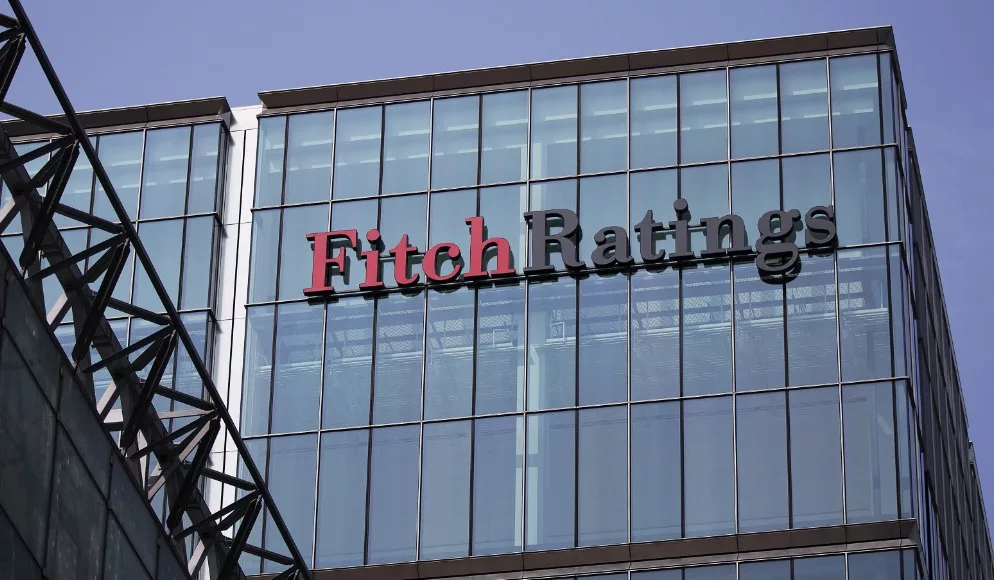As continuing economic burdens have consumers continuing to shop to save on retail spending, brands are looking to capture this growing opportunity through direct resale platforms.
Resale operating system Archive announced last week via LinkedIn a partnership with footwear brand Dr. Martens on its new resale initiative, ReWair, through which the company restores and resells pre-owned shoes. On the website, the footwear brand stated that it aims to “maximize the longevity of each pair” of shoes and that this resale program is “the next step forward on our journey” to shift the “business towards a more circular model.”
In February, New Balance recently announced its “Reconsidered” resale hub, enabling consumers to trade in pre-owned shoes for vouchers. The same month, electronics company Epson launched its “Epson Certified ReNew” program, selling quality-checked refurbished products via the brand’s site.
Meanwhile, resale solution provider Trove is working with brands such as Levi’s, Lululemon, Canada Goose, Patagonia and others to operate their own-brand secondhand sales platforms.
Traditionally, the resale market was dominated by third-party platforms such as eBay, Poshmark and ThredUp. However, brands are now recognizing the potential of establishing their own resale channels to retain control over their brand image, quality standards and customer relationships. By launching D2C resale platforms, brands can create a smoother shopping experience while fostering brand loyalty and trust.
D2C resale platforms also present another revenue stream for brands, offering an additional avenue for sales and capturing value from products that would otherwise depreciate in value over time.
Resale overall is on the rise. PYMNTS Intelligence’s study “Consumer Inflation Sentiment Report: Persistent Inflation Rekindles Consumer’s Interest in Secondhand Markets,” which drew from a survey of more than 2,300 U.S. consumers in December, found that 43% of consumers purchased a secondhand product in 2023, with high-income shoppers disproportionately likely to make such purchases. Plus, 19% of consumers said they increased their secondhand purchasing during the year.
This rise comes amid ongoing consumer concerns about finances. The PYMNTS Intelligence study “New Reality Check: The Paycheck-to-Paycheck Report: The Pessimism About Pay Rises Offsets the Effect of Falling Inflation,” which was based on a survey of more than 4,300 U.S. consumers, found that 83% were at least somewhat concerned about current and near-future economic conditions.
Plus, a report from resale platform ThredUp stated that resale grew 15 times faster than retail apparel overall, with online resale rising 23% year over year.
As brands enter the resale space, secondhand marketplaces are stepping up their game. One such platform, Mercari, recently announced that it has become the “first major U.S. marketplace” to eliminate seller fees in an effort to incentivize sellers to choose the platform amid considerable competition.
“With the removal of selling fees across our platform, we’re setting the new standard for peer-to-peer marketplaces and incentivizing even more sellers to choose Mercari,” CEO John Lagerling said in a statement. “With zero selling fees, Mercari sellers can price their items more competitively and keep their earnings, making it the best choice for everyone looking to sell their unused items.”













